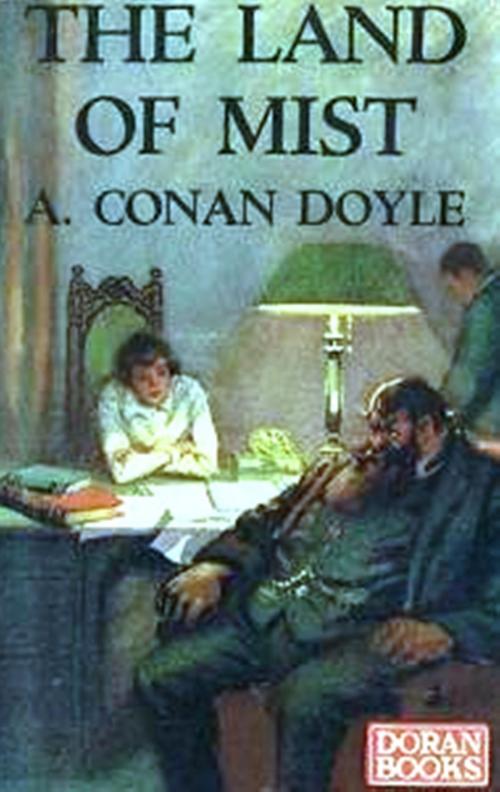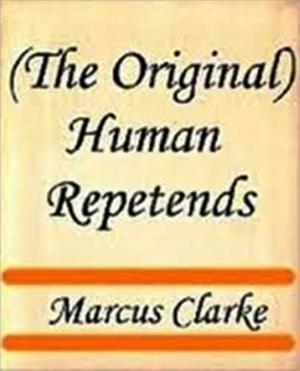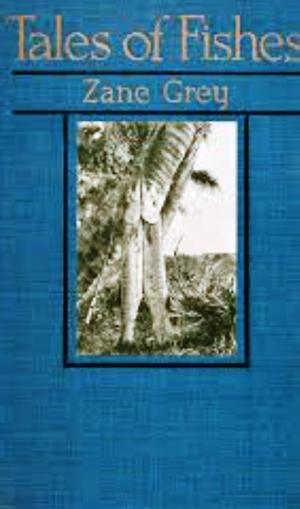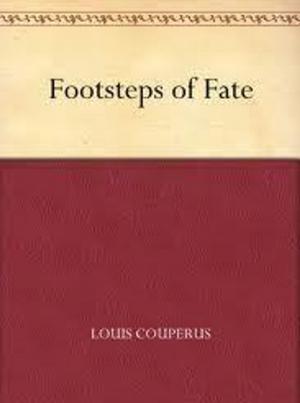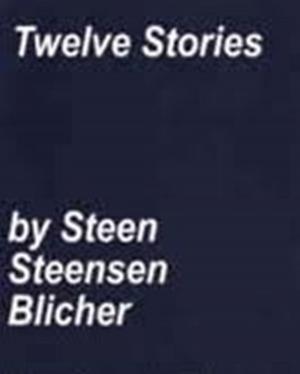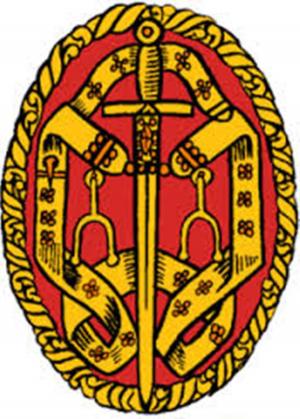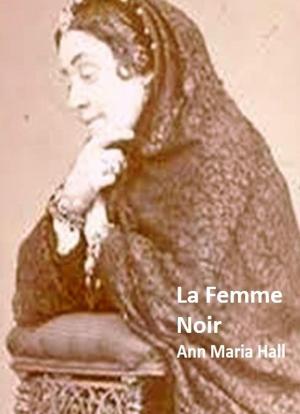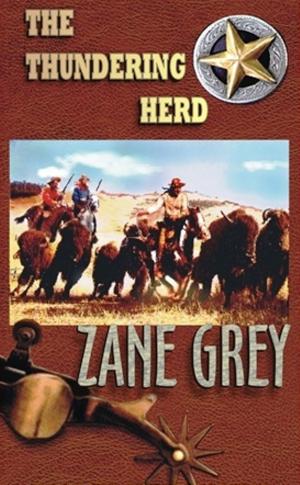| Author: | Sir Arthur Conan Doyle | ISBN: | 1230000142904 |
| Publisher: | WDS Publishing | Publication: | June 18, 2013 |
| Imprint: | Language: | English |
| Author: | Sir Arthur Conan Doyle |
| ISBN: | 1230000142904 |
| Publisher: | WDS Publishing |
| Publication: | June 18, 2013 |
| Imprint: | |
| Language: | English |
The great Professor Challenger has been —very improperly and imperfectly —used in fiction. A daring author placed him in impossible and romantic situations in order to see how he would react to them. He reacted to the extent of a libel action, an abortive appeal for suppression, a riot in Sloane Street, two personal assaults, and the loss of his position as lecturer upon Physiology at the London School of Sub-Tropical Hygiene. Otherwise, the matter passed more peaceably than might have been expected.
But he was losing something of his fire. Those huge shoulders were a little bowed. The spade-shaped Assyrian beard showed tangles of grey amid the black, his eyes were a trifle less aggressive, his smile less self- complacent, his voice as monstrous as ever but less ready to roar down all opposition. Yet he was dangerous, as all around him were painfully aware. The volcano was not extinct, and constant rumblings threatened some new explosion. Life had much yet to teach him, but he was a little less intolerant in learning.
There was a definite date for the change which had been wrought in him. It was the death of his wife. That little bird of a woman had made her nest in the big man's heart. He had all the tenderness and chivalry which the strong can have for the weak. By yielding everything she had won everything, as a sweet-natured, tactful woman can. And when she died suddenly from virulent pneumonia following influenza, the man staggered and went down. He came up again, smiling ruefully like the stricken boxer, and ready to carry on for many a round with Fate. But he was not the same man, and if it had not been for the help and comradeship of his daughter Enid, he might have never rallied from the blow. She it was who, with clever craft, lured him into every subject which would excite his combative nature and infuriate his mind, until he lived once more in the present and not the past. It was only when she saw him turbulent in controversy, violent to pressmen, and generally offensive to those around him, that she felt he was really in a fair way to recovery.
Enid Challenger was a remarkable girl and should have a paragraph to herself. With the raven-black hair of her father, and the blue eyes and fresh colour of her mother, she was striking, if not beautiful, in appearance. She was quiet, but she was very strong. From her infancy she had either to take her own part against her father, or else to consent to be crushed and to become a mere automaton worked by his strong fingers. She was strong enough to hold her own in a gentle, elastic fashion, which bent to his moods and reasserted itself when they were past. Lately she had felt the constant pressure too oppressive and she had relieved it by feeling out for a career of her own. She did occasional odd jobs for the London press, and did them in such fashion that her name was beginning to be known in Fleet Street. In finding this opening she had been greatly helped by an old friend of her father —and possibly of the reader —Mr. Edward Malone of the Daily Gazette.
The great Professor Challenger has been —very improperly and imperfectly —used in fiction. A daring author placed him in impossible and romantic situations in order to see how he would react to them. He reacted to the extent of a libel action, an abortive appeal for suppression, a riot in Sloane Street, two personal assaults, and the loss of his position as lecturer upon Physiology at the London School of Sub-Tropical Hygiene. Otherwise, the matter passed more peaceably than might have been expected.
But he was losing something of his fire. Those huge shoulders were a little bowed. The spade-shaped Assyrian beard showed tangles of grey amid the black, his eyes were a trifle less aggressive, his smile less self- complacent, his voice as monstrous as ever but less ready to roar down all opposition. Yet he was dangerous, as all around him were painfully aware. The volcano was not extinct, and constant rumblings threatened some new explosion. Life had much yet to teach him, but he was a little less intolerant in learning.
There was a definite date for the change which had been wrought in him. It was the death of his wife. That little bird of a woman had made her nest in the big man's heart. He had all the tenderness and chivalry which the strong can have for the weak. By yielding everything she had won everything, as a sweet-natured, tactful woman can. And when she died suddenly from virulent pneumonia following influenza, the man staggered and went down. He came up again, smiling ruefully like the stricken boxer, and ready to carry on for many a round with Fate. But he was not the same man, and if it had not been for the help and comradeship of his daughter Enid, he might have never rallied from the blow. She it was who, with clever craft, lured him into every subject which would excite his combative nature and infuriate his mind, until he lived once more in the present and not the past. It was only when she saw him turbulent in controversy, violent to pressmen, and generally offensive to those around him, that she felt he was really in a fair way to recovery.
Enid Challenger was a remarkable girl and should have a paragraph to herself. With the raven-black hair of her father, and the blue eyes and fresh colour of her mother, she was striking, if not beautiful, in appearance. She was quiet, but she was very strong. From her infancy she had either to take her own part against her father, or else to consent to be crushed and to become a mere automaton worked by his strong fingers. She was strong enough to hold her own in a gentle, elastic fashion, which bent to his moods and reasserted itself when they were past. Lately she had felt the constant pressure too oppressive and she had relieved it by feeling out for a career of her own. She did occasional odd jobs for the London press, and did them in such fashion that her name was beginning to be known in Fleet Street. In finding this opening she had been greatly helped by an old friend of her father —and possibly of the reader —Mr. Edward Malone of the Daily Gazette.
